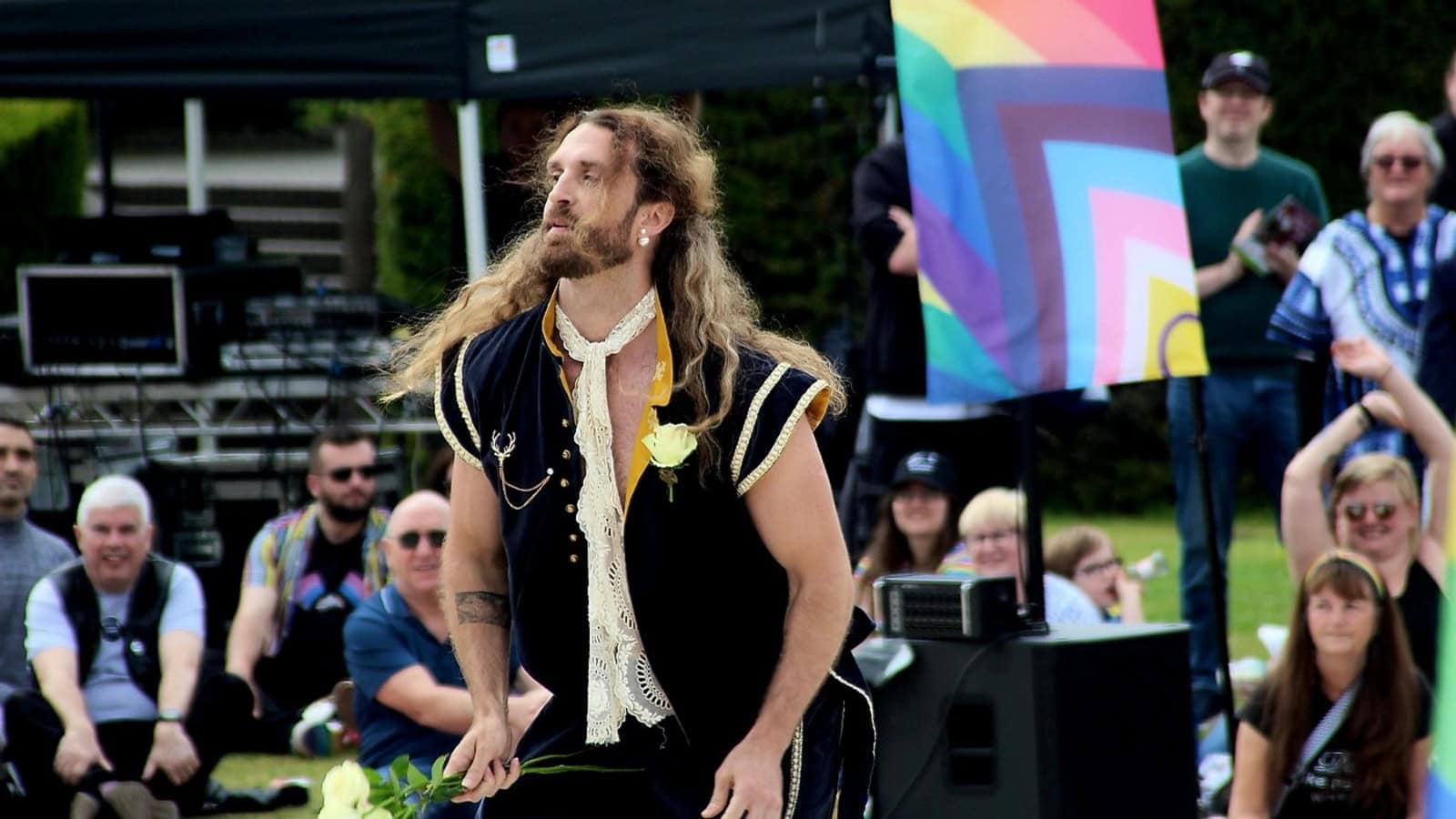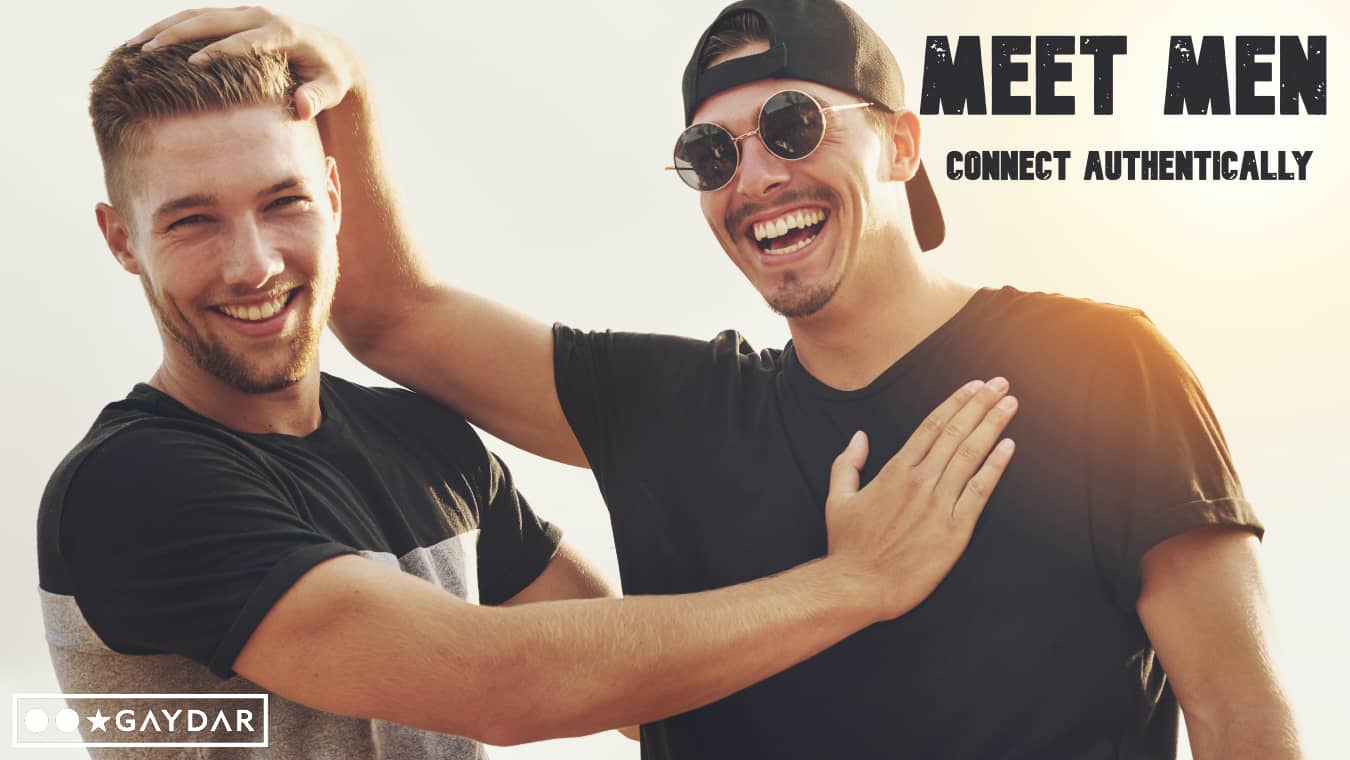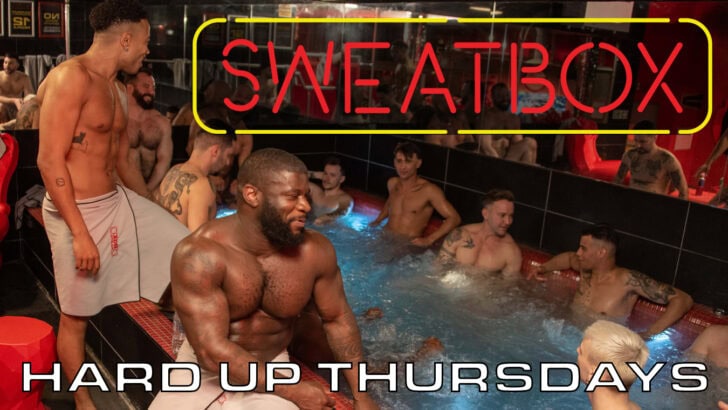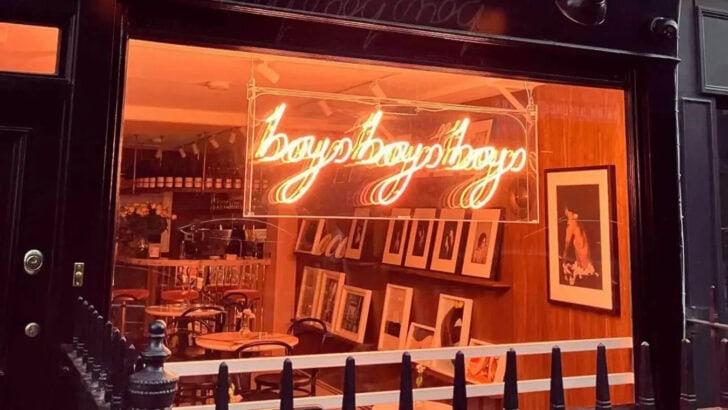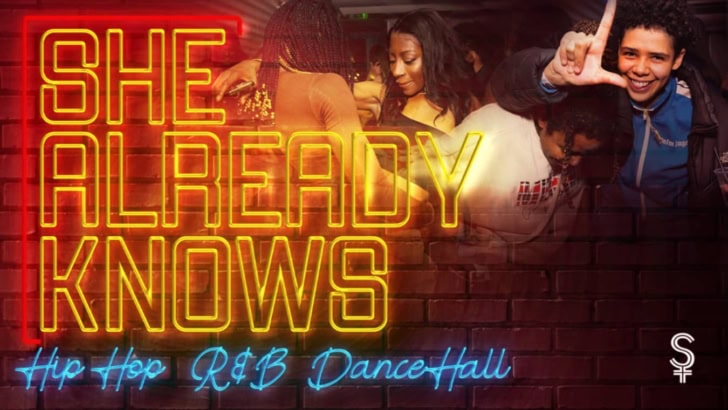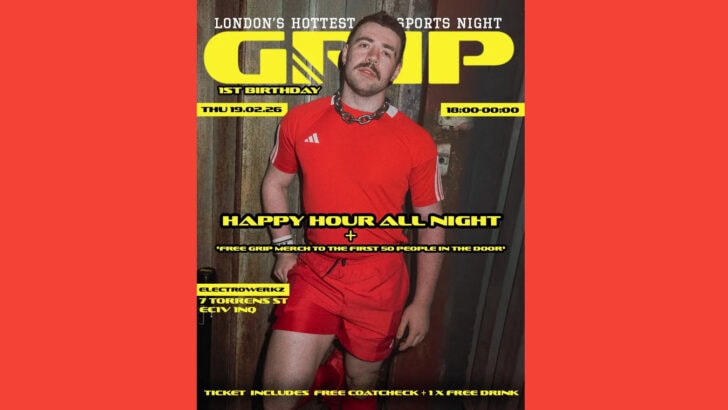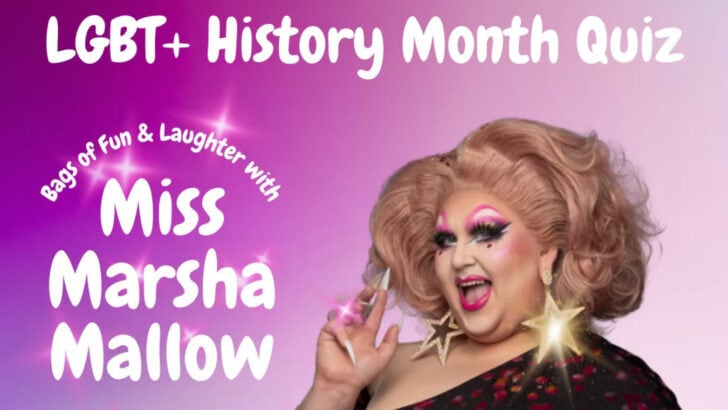Since founding HOMOTIV8 in 2025, a fitness and dance program created especially for LGBTQIA+ people, I’ve witnessed firsthand how essential these spaces are. HOMOTIV8 was born not out of political reaction but from a deep, ongoing need for community, joy, and wellbeing. Now, amid growing uncertainty and political turbulence, it has become a refuge, supporting not just physical health but also mental and emotional resilience.
HOMOTIV8 works alongside trusted partners, such as Pride Action North, a charity deeply rooted in addressing the mental health needs of our community. Together, we offer more than movement; we’re creating a space where people of all identities, especially those most targeted, can feel seen and safe. This is crucial as the political and social landscape for LGBTQIA+ people in the UK is shifting dramatically.
The Trans Experience: Between Identity and Legal Recognition
One of the clearest and most painful examples of this shift is the ongoing debate around single-sex spaces. For many trans people, access to safe and affirming environments isn’t a luxury; it’s fundamental to their wellbeing and dignity.
When these spaces become battlegrounds over “male” and “female,” it threatens more than comfort; it threatens access to vital healthcare and support. I’ve spoken with trans individuals who express real fear that the politicisation of their identities jeopardises their medical treatments, including hormone therapy. These ripple effects reach deep into everyday lives; these aren’t abstract debates but deeply personal realities.
The Gender Recognition Act, designed as a pathway for legal recognition, now feels misaligned with many trans people’s lived experiences. Its focus on biological sex at birth, rather than on identity and personal journey, leaves many feeling unseen and unsupported when recognition matters most.
The UK Supreme Court and Legal Landscape
In April 2025, the UK Supreme Court ruled on the definitions of “woman” and “sex” under the Equality Act 2010, affirming a biological interpretation over a gender identity one. This has profound implications for trans rights, particularly regarding access to single-sex spaces.
Following this, the Equality and Human Rights Commission (EHRC) issued guidance stating that, in some cases, trans women may not be legally entitled to use women’s facilities, and trans men the men’s. While trans people remain protected under the characteristic of gender reassignment, this legal distinction adds new layers of complexity and potential exclusion.
The Rise of Reform UK: Echoes of the Past and Present Risks
The emergence of Reform UK, a political party led by a figure inseparable from some of the UK’s most divisive moments, reminds us how history often repeats itself. This leadership, which spearheaded Brexit amid misinformation and division, now challenges LGBTQIA+ rights in similar ways.
One alarming sign is the push to remove visible symbols of inclusion, like Pride flags, from government buildings and public spaces. Flying a Pride flag is not about exclusion; it is a powerful statement of inclusion and visibility, a message that everyone is welcome and valued. Removing these symbols doesn’t create neutrality; it erases presence and belonging.
Such erasure fuels a narrative that queer people don’t belong, which can have serious consequences for safety and support within our communities.
What worries me most is how easily the lessons of the past are forgotten. The regret many feel over Brexit is still fresh, and the same rhetoric now seems to threaten the unravelling of progress in queer rights and protections.
This isn’t just a UK issue. Around the world, similar waves of backlash against LGBTQIA+ rights are rising, from the US to parts of Europe to countries where being queer is still criminalised. It underscores the need for global solidarity and vigilance.
Standing Together: The Power of Community and Care
In the face of these challenges, our community’s strength remains a beacon of hope. We must unite not just as political actors but as humans bound by shared experience, dignity, and care.
The spaces and organisations we’ve built, through years of activism and groups like Stonewall, represent more than just safe places. They declare that our rights matter and must be protected.
This is why programs like HOMOTIV8 matter so deeply. They create positive, tangible spaces that affirm identity, promote mental and physical health, and foster solidarity. Through these spaces, and through our collective will, we resist division and champion inclusion.
Looking Forward
We live in uncertain times, and this is nothing new for our community, but our commitment to empathy, truth, justice, and love over hate remains steadfast.
By centring trans voices, advocating for meaningful legal change, and holding space for every individual within our community, we can ensure the progress we’ve fought for is not lost.
Together, we face this shifting landscape with courage and kindness, building a future where everyone belongs.
Andy is currently competing in Mr Gay Europe in Amsterdam
